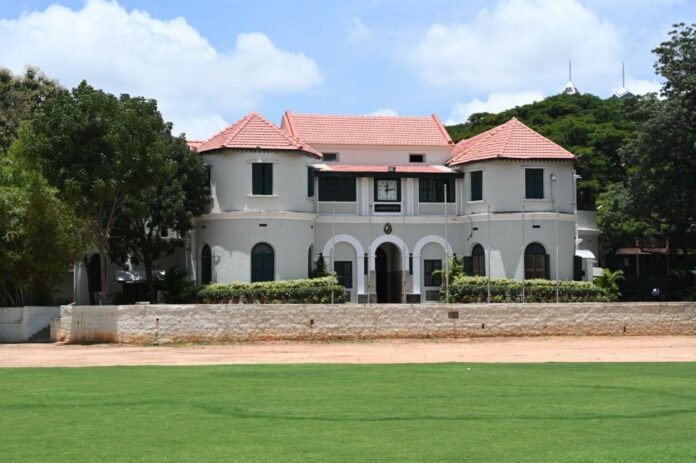A top court has asked a Protestant diocese in southern India to appoint teachers irrespective of their caste, religious, and denominational backgrounds since their salaries are paid from the state exchequer.
The Madurai bench of the Madras High Court in Tamil Nadu state declared unconstitutional a list of prospective teachers prepared by the Tirunelveli diocese of the Church of South India (CSI) for appointment in schools managed by the diocese. The court said the list violated the principles of secularism.
“When the salary is paid out of the state exchequer, the elementary principles of secularism demand that the appointment process is thrown open to all eligible candidates,” said Justice G R Swaminathan in his Aug. 8 order.
A copy of the order was released to the media two days ago.
“The appointment process as of today is patently discriminatory. To say that only a candidate of a particular religious denomination is entitled to apply for a post runs counter to constitutional morality,” said Swaminathan.
The order came during the hearing of a petition filed by C Manohar Thangaraj, the treasurer of Tirunelveli Diocese. The petition accused the bishop of making unilateral appointments based on the diocesan priority list rather than inviting applications from eligible candidates.
The court also stressed the need for transparency in the selection process, saying, ” Of course, all this can come to naught if the recruitment process is rigged and predetermined.”
India’s constitution allows minority groups like Christians and Muslims to run educational institutions. The respective state governments pay the salaries for teachers in aided schools.
The Church in India runs more than 50,000 educational institutions, including schools and 400 colleges, six universities, and six medical schools.
Catholic Church officials called the court order “a matter of concern.”
A minority-run education institution has the right to appoint its staff from “the respective community on a priority basis,” noted Father Thankachan Jose, former national president of the All-India Association of Catholic Schools.
Thankachan told UCA News on Aug. 26 that a minority education is bound to give priority to the community.
“Provided there is no qualified or skilled candidate within, we may seek to appoint a candidate from outside,” the priest said. But “priority is given to a candidate from the community.”
Father Maria Charles, secretary of the Catholic Bishops’ Council of Indian office for education, said Catholic schools do not restrict jobs only to Catholics or Christians.
He told UCA News they “will take a call after consulting with our legal team.”
Tirunelveli CSI diocese officials were unavailable to comment on whether they would appeal against the court order.
Christians make up 2.3 percent of India’s 1.4 billion people, about 80 percent of who are Hindus.










